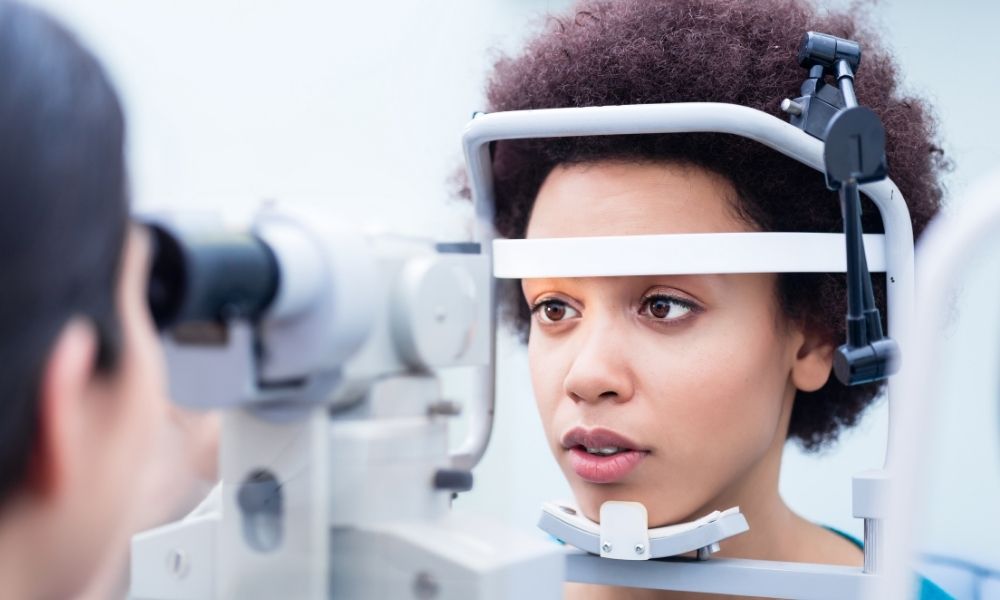Cataracts are a prevalent eye condition, especially affecting individuals as they grow older. Over time, the clear lens in the eye becomes clouded, leading to blurry vision, glare, and difficulty seeing in low-light conditions. For those experiencing these symptoms, cataract surgery may be the best solution to restore clear vision. However, before making any decisions, it’s important to have a thorough discussion with your eye doctor.
Understanding the symptoms of cataracts is essential to determining whether surgery is necessary. During your consultation, asking the right questions can provide clarity on the procedure, benefits, and expected outcomes. Here are the key questions to ask your eye doctor before moving forward with the surgery.
1. How to Prepare for Cataract Surgery?
Preparing for cataract surgery involves a few important steps to ensure the best outcome. Your doctor will provide guidelines on what to expect in the days leading up to the procedure. This may include instructions on adjusting medications, fasting before the surgery, and arranging transportation for after the procedure. It’s also important to follow any pre-operative instructions to ensure that your eyes are in optimal condition for surgery.
2. What Type of Lens Implant Is Recommended?
When undergoing cataract surgery, the damaged lens is replaced with an artificial one. Various lens implants are available, including monofocal, multifocal, and toric lenses. Choosing the right lens is a key part of the process. Monofocal lenses typically provide clear vision at a single distance, while multifocal lenses offer improved vision at multiple distances. Toric lenses are designed for people with astigmatism, ensuring that vision remains sharp.
3. How Long Does Recovery from Cataract Surgery Take?
The recovery period following the procedure may differ for each individual. In most cases, the initial recovery period is relatively quick, with many people returning to normal activities within a few days. However, it’s important to follow your doctor’s instructions closely to avoid complications. After surgery, it’s common to experience some mild discomfort or blurry vision. Over time, vision will improve, but the exact timeline can vary.
4. What Level of Vision Improvement Can Be Expected After Surgery?
Cataract surgery is designed to restore clear vision by replacing the cloudy lens with a new, clear one. Most patients experience a significant improvement in their vision, leading to enhanced clarity and better eye health. While the extent of improvement may vary based on individual conditions, many people find they enjoy a greater range of vision and fewer obstacles in daily tasks. Your doctor will provide guidance on the level of improvement you can expect, tailored to your unique eye health and cataract condition.
5. Are Follow-Up Appointments Mandatory after the Surgery?
Yes, follow-up appointments are an essential part of the recovery process. Your eye doctor will schedule visits to monitor the healing of your eyes and ensure that your vision is improving as expected. These check-ups typically occur within a day or two after surgery, then again a week later, and possibly a few weeks after that. These appointments help ensure that any potential issues are addressed early and that you’re on track for optimal vision recovery.
Where to Find Expert Guidance for Cataract Surgery
When considering cataract surgery, finding a reputable eye care professional with the necessary expertise is crucial. Experienced surgeons can offer valuable insights and guidance tailored to your specific needs, ensuring you make the most informed decision about your eye health. Trusted specialists understand the nuances of cataract surgery and can explain your options clearly, helping you feel more comfortable throughout the process.
Recognizing the symptoms of cataracts is crucial when deciding whether surgery is necessary. Clear communication with your eye doctor helps ensure that you understand the process and benefits involved. Asking the right questions allows you to approach the surgery with confidence and achieve the best possible outcome for your vision.

